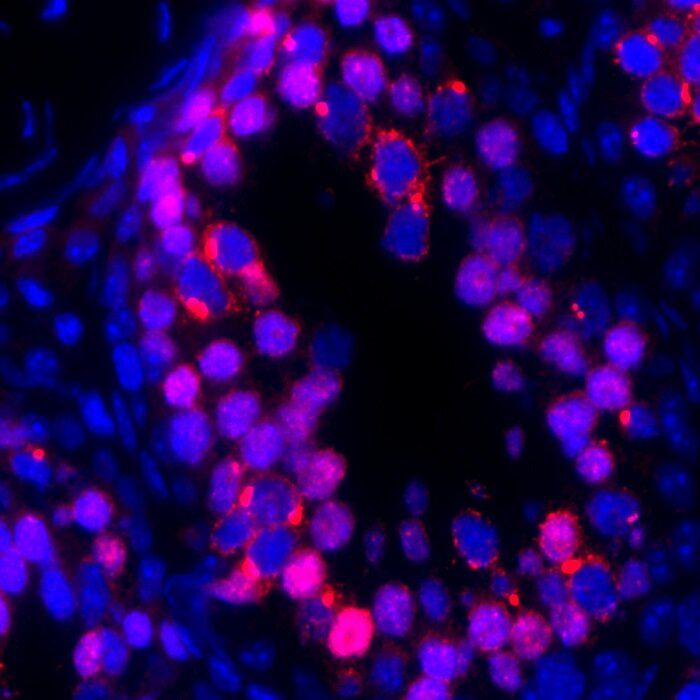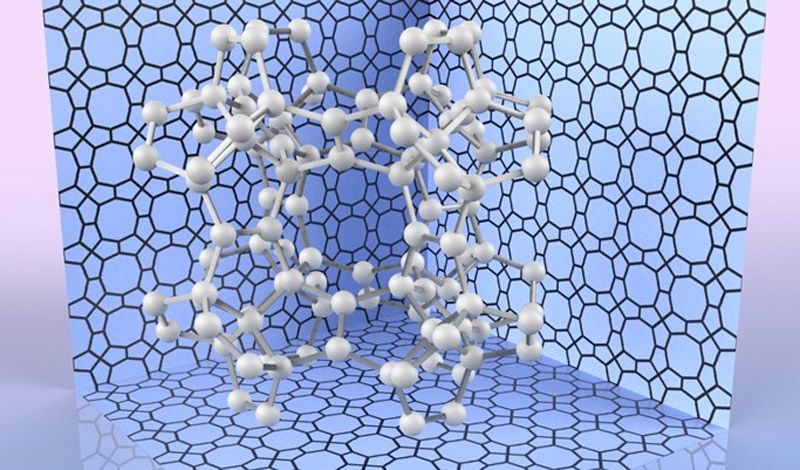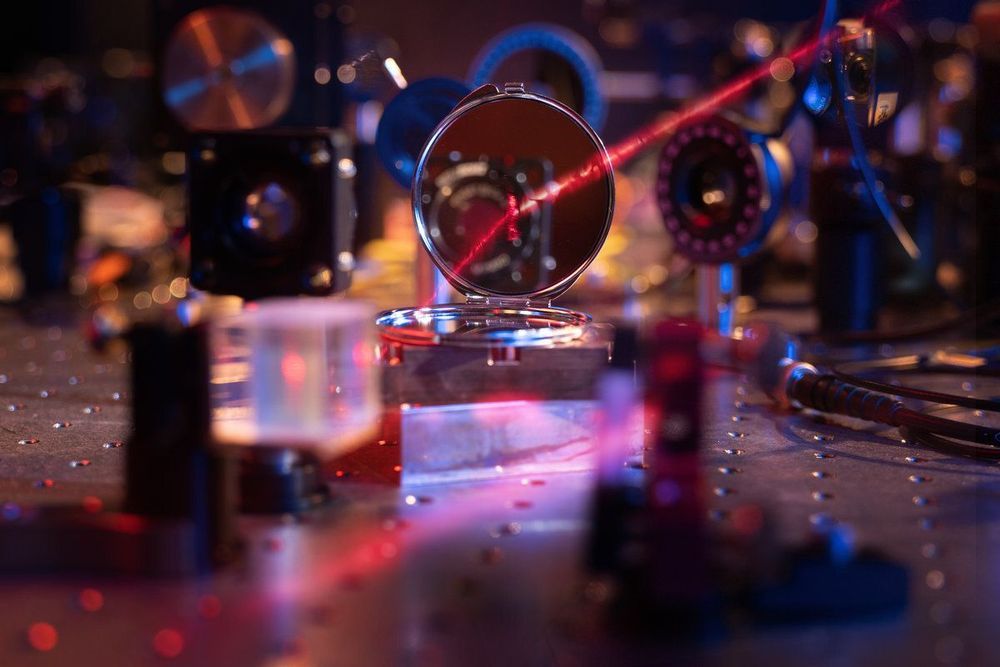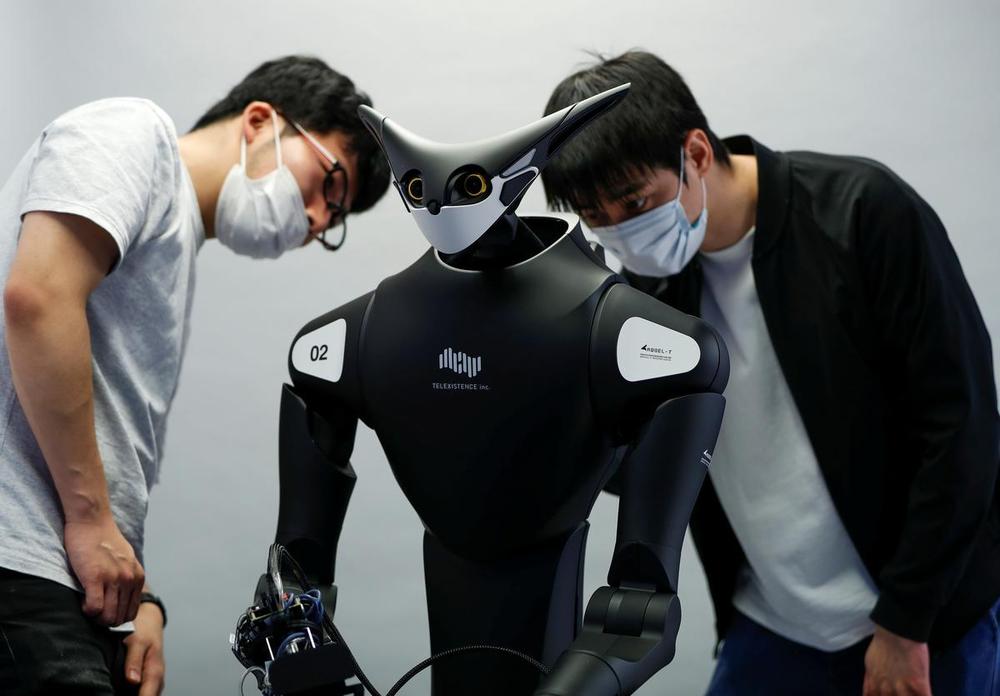It might seem as though humans have little in common with the lowly yeast cell. Humans have hair, skin, muscles, and bones, among other attributes. Yeast have, well, none of those things.
But besides their obvious differences, yeast and humans, and much of life for that matter, have a great deal in common, especially at the cellular level. One of these commonalities is the enzyme our cells use to make RNA copies of sections of our DNA. The enzyme slides along a strand of DNA that has been unpacked from the chromosome in which it resides, to “read” the genetic code, and then assembles an RNA strand that contains the same code. This copying process, known as transcription, is what happens at a molecular level when a gene is activated in an organism. The enzyme responsible for it, RNA polymerase, is found in all eukaryotic cells (cells with a nucleus) and it is essentially the same in all of them, whether the cells are from a redwood, an earthworm, a caribou, or a mushroom.
That fact has presented a mystery for scientists, though: Although the DNA in a yeast cell is different in many ways from the DNA in a human cell, the same enzyme is able to work with both. Now, a team of Caltech researchers has discovered one way this happens.







